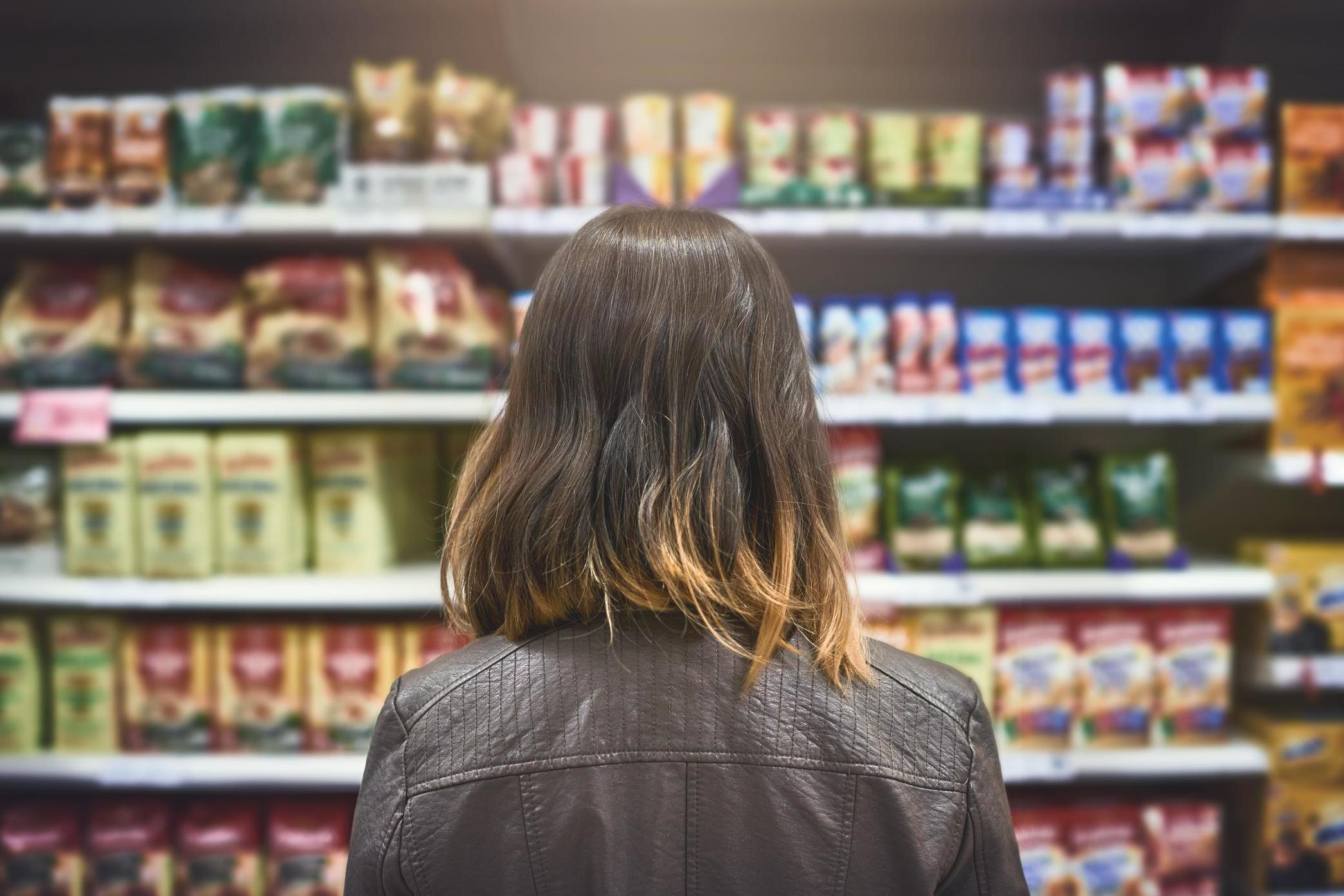World Eating Disorder Action Day 2018: How virtual therapists are helping patients tackle anxiety in supermarkets
‘It’s a game-changer’

Your support helps us to tell the story
From reproductive rights to climate change to Big Tech, The Independent is on the ground when the story is developing. Whether it's investigating the financials of Elon Musk's pro-Trump PAC or producing our latest documentary, 'The A Word', which shines a light on the American women fighting for reproductive rights, we know how important it is to parse out the facts from the messaging.
At such a critical moment in US history, we need reporters on the ground. Your donation allows us to keep sending journalists to speak to both sides of the story.
The Independent is trusted by Americans across the entire political spectrum. And unlike many other quality news outlets, we choose not to lock Americans out of our reporting and analysis with paywalls. We believe quality journalism should be available to everyone, paid for by those who can afford it.
Your support makes all the difference.Feeling anxious around food is one of the defining traits of an eating disorder, which can make supermarkets one of the most daunting places for sufferers.
While conventional exposure methods have been proven to help deal with some of the triggers that could arise while food shopping - in which a therapist may accompany a patient to the supermarket in a bid to help them face their phobias - this can be very time-consuming for the clinician and might also be impractical for patients living in rural areas.
Now, in today's smartphone-saturated culture, there's a new form of telemedicine that could help make this form of treatment more accessible, enabling patients to video-chat with their therapists in the supermarket.
The struggles someone with an eating disorder may face while food shopping are endless, explains clinical psychologist Julia Coakes, and go far beyond the quandaries most people have.
“People with eating disorders often feel that those around them are paying more attention to what they’re eating and their choices than they are,” she told The Independent.
This can amplify the significance of every choice they make to the nth degree. For example, the act of simply picking up a full-fat yoghurt could be plagued by feelings of guilt and paranoia that you’re being judged by onlookers, regardless of whether you’re an overeater or an under-eater, Coakes explains.
Therefore, having a therapist on the phone who can see products as you see them could be hugely helpful in terms of guiding patients through this tricky process.
Not only would they be able to anticipate difficult scenarios and provide subsequent reassurance, but they would also be able to help combat the possibility of being seduced by aggressive marketing campaigns aimed to peddle weight loss products such as “zero-calorie” foods.
“It would be a case of reinforcing nutritional knowledge combined with a provision of anxiety management techniques such as deep-breathing or visualisation and reminding them of their goal,” Coakes explains.
Bringing someone's attention away from calories and onto the vitamins and minerals that foods can provide is tantamount to changing someone's mindset when it comes to food.
"It’s about changing the patient’s relationship with food, so instead of food solving your emotional problems we encourage them to think about food being fuel for the body and not relying on it as an emotional crutch," Coakes adds.
"That’s where diets go wrong, they change what you eat but not why you eat."
Being on-hand to drive home this distinction could be crucial to a person's recovery, particularly when they are in an environment where they feel vulnerable, such as a supermarket.
“It’s quite a game changer, I think it’s quite innovative,” she said of the virtual therapy method.
It’s something that has been hugely helpful to one 28-year-old’s journey to recovery from anorexia.
Jamie Lynn Pelletier told The Washington Post how her dietician recommended she use FaceTime to speak to her on her next trip to the grocery store, which is now something she does regularly.
“For privacy, I put in my headphones so I can talk to her discreetly while I’m shopping,” she said.
“It was validating for my dietician to acknowledge my worries; it helped me to feel less alone. While recovery is a journey, grocery store therapy gave me additional tools to help guide me through the process.”
While the concept is itself too new to be supported by scientific research, there is evidence to suggest that alternative e-therapies can benefit eating disorder patients.
However, this specific type of over-the-phone therapy would require further research before its validity can be confirmed, explains Beat’s Clinical Advice Coordinator Emily Rothwell: “There has not yet been much research into whether virtual therapy is, on the whole, beneficial and so we would neither encourage nor discourage this form of treatment,” she told The Independent.
Plus, it’s worth noting that video-chat communication would require both the patient and the clinician to have access to a smartphone.
“It is important to remember that everyone’s journey to recovery is unique,” Rothwell added, “and it is up to the individual to talk to their therapist to find the treatment that best works for them.”
For more information on World Eating Disorder Action Day, click here.
Join our commenting forum
Join thought-provoking conversations, follow other Independent readers and see their replies
Comments